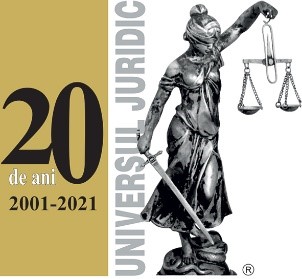Ipoteza falsus procurator
ipopa[at]law.ubbcluj.ro
Cuvinte cheie:
abstraction of the power of representation, representation appearance imputable to the represented person, legitimate error, falsus procurator, apparent mandate, enforceability, representation relationship, liability of the false representative, apparent representation, separationRezumat
We noticed in the following study that, in the abundance of assumptions in which we deal with a contract concluded by a third party with a false representative, the general rule is that of the lack of the legal position created as such by the effects of the representation towards the false represented person. By exception, at least two theories compete for maintaining the document concluded as such, despite the lack of representation, ensuring its validity despite the solution which would be claimed by the formal logics. These consist of the sentence of abstraction of the power of representation and the sentence of the apparent representation. The complete overlapping of their scope is also “apparent”, as it is proven that none of these sentences depletes the scope of the other sentence, even if in most cases the crossing line is predominant. The former theory did not receive a significant acceptance in our law because of the Francophonie of the old legal rules and of the related doctrine. However, the new legal texts claim a review of the abstraction sentence and the need for apprehension of some of its items which are present in all modern intellectualist regulations. On the other hand, the sentence of apparent representation is proven to be the winner in terms of the good jurisprudential acceptance in our country and due to a broad tradition to this end. The apparent conflict between these two sentences is not at all sterile. In the study below, we have tried to further illustrate the debate utility with the national and compared case law.
Publicat
Versiuni
- 21-04-2023 (2)
- 02-02-2023 (1)









